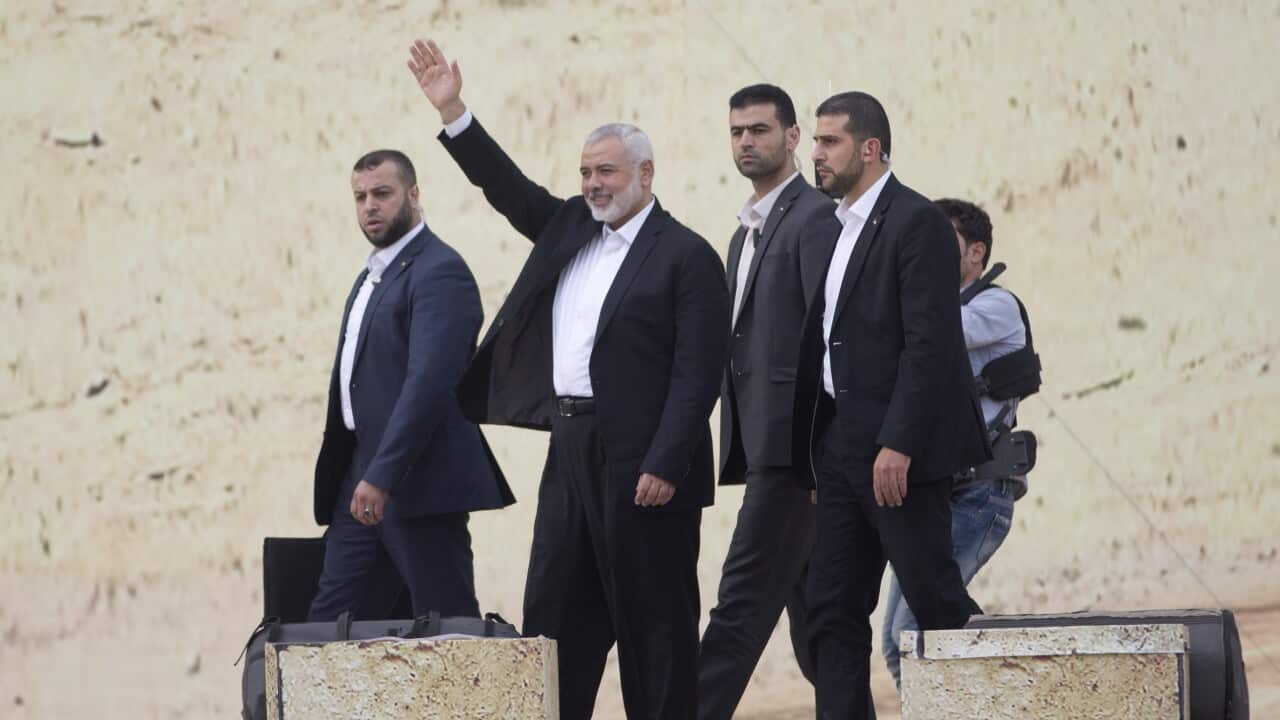Boonma Yokee is living every mother’s worst nightmare.
Her son, 35-year-old Kiattisak Patee, left Thailand to work in Israel four-and-a-half years ago. He was working on a chicken farm at the Re’im kibbutz in southern Israel, near the border with Gaza.
The farm he was working on is next to the site of , which was attacked by Hamas militants shortly after sunrise on 7 October. At least 260 people were killed at the festival, .
Kiattisak hasn’t been seen since the attack, and Thai authorities told his mother they believe he was taken hostage by Hamas into Gaza.
“Each day my heart is broken. I keep crying, I watch the news each day and I keep seeing attacks here and there,” she says.
“The war is getting more intense, and I keep wondering if my son is alive, if the hostages get to eat and drink. I’m so worried about him.”
More than 1,400 Israelis, mostly civilians, were killed and 3,400 were injured by Hamas militants in the Palestinian group’s . At least 199 people have been taken hostage to Gaza.
Foreign nationals are among the victims of Hamas’ attack. According to French news agency AFP, at least 170 foreigners have been confirmed dead by their governments. Many have been reported missing.
Migrant workers caught in the war
Israel relies on migrant workers from Asia to sustain its workforce, especially in the agricultural, healthcare, and construction sectors.
At least 10 Nepali agricultural students were killed by Hamas while on an ‘earn and learn’ program in Israel. Two Filipino healthcare workers were also killed.
But Thailand recorded one of the highest number of casualties of any nation from the Hamas attack, outside of Israel.
Under a migrant worker program established by the governments of Israel and Thailand in 2012, an estimated 30,000 Thai nationals were in Israel when Hamas attacked, with around 5,000 of them working on farms near the Gaza border.
The workers predominantly come from rural provinces in Thailand, and can make up to $2,000 a month in Israel, significantly higher wages than they could earn in Thailand.
The Thai government confirmed 30 of its nationals were killed by the militants, 16 were injured, and 17 are believed to have been taken hostage.
SBS Dateline understands the Thai government’s list of suspected hostages includes Kiattisak.

Kiattisak Patee, 35, is believed to be among 17 Thai migrants taken hostage by Hamas. Source: Supplied
A relative from Udon Thani called Boonma on 7 October to tell her the news. She immediately tried to call her son, but his phone rang out. She kept calling until the call wouldn’t go through at all.
“He wanted to save money, to buy things that other people have (that we can’t afford). He was sending money back home to build a house. We planned to be living together next year,” Boonma said.
For now, the family does not know if Kiattisak is alive.
“I pray they can rescue my son”
Kiattisak cannot be positively identified in any of the hostage videos that appear to show captured Thai workers. Officially, there is no evidence he is being held by Hamas.
But he disappeared after the attack, and both the Thai government and other Thai workers in Israel have told the family they believe he was taken hostage.
His sister, Kanjana Patee, has joined Facebook groups of migrant workers, asking for any information that might lead to her brother.
She says Thai authorities are not keeping them informed.
“I joined the (Facebook) group of Thai workers in Israel, and I posted about looking for my brother. And then I called the (Thai) embassy but no one picked up my calls at all,” Kanjana says.
Like so many impacted by this conflict, Kiattisak’s family can do nothing more but wait for the current fighting to be over and hope that their loved one survives.
“I am worried, so worried about my son. I pray they can rescue my son, that my son is safe during this war. That he can return home, return home safely,” Ms Boonma says.
“I won’t return”
Survivors were on board Thailand’s second successful repatriation flight, which touched down in Bangkok on 16 October.
Israel’s agricultural sector already faced allegations from Human Rights Watch of migrant worker abuse.
A 2015 report found workers were paid salaries significantly below the legal minimum wage, forced to work long hours in excess of the legal maximum, subjected to unsafe working conditions, and denied their right to change employers.
After being caught in the recent violence, some say they’ll never return.
“I talked with my family. I won't return (to work there). I'll settle down at home. A lot of things are still bad. My mental health is quite bad,” evacuated worker Chockchai Yongpo said.
The Thai government says it’s trying to arrange flights for around 6,000 of its citizens who have requested evacuation from Israel.













